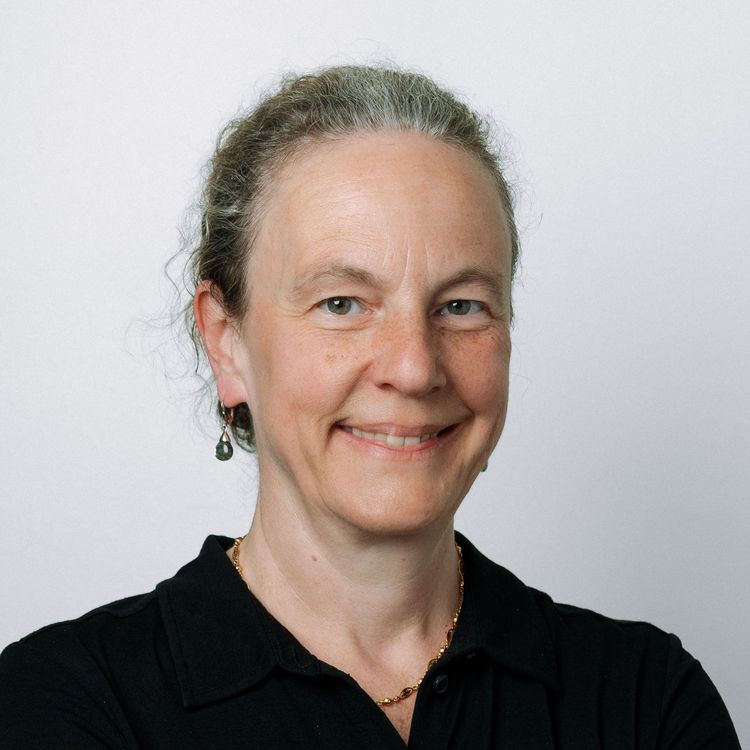„A topic that affects everyone sooner or later”
Prof. Dr. Kathrin Boerner has been appointed as Professor of Prevention and Rehabilitation Research at the Department of Health Services Research. She was previously Professor of Gerontology at the University of Massachusetts Boston (US).
What does your research focus on?
As a psychologist with expertise in ageing research, I am particularly interested in the psychosocial aspects of eldercare. My research addresses topics such as managing chronic impairments common in later life, unique challenges in the care of very old adults, and experiences and needs of family caregivers and professional care workers. A current focus for me is how social isolation and loneliness affect the health of older adults, and how this health risk can be prevented.
What do you like about your field of study?
Researchers in my field are concerned with a topic that affects everyone sooner or later. Healthcare in late life is simply an unavoidable and important topic which presents many challenges, but also much room for optimisation. I find that hugely motivating. When I talk about my research, people are always very interested. In many cases there’s even a personal connection, namely that the people I’m talking to are experiencing a situation that at least partially reflects my research. This reinforces my sense of doing something meaningful and useful.
Who or what influenced you most during your studies?
As an undergraduate student in Kiel, I took a keen interest in literature on life courses and lifelong development. That's why I switched to Trier University for my advanced courses, where this was offered as focus area in psychology. I was particularly influenced by Prof. Dr. Jochen Brandtstädter's research on coping and adaptation processes in late life. In one of his seminars we read an article entitled “The Myths of Coping with Loss”, in which the authors radically questioned all at the time prevailing ideas about how we deal with loss. I found it so fascinating that I contacted the first author from New York, Prof. Dr. Camille Wortman and asked her if I could come and spend a semester with her. She did invite me and that was the beginning of my research career.
Any tips for surviving on campus?
Developing strong social connections with fellow students is key in my opinion. The people you study with are an important resource in many ways when it comes to information and exchange. But it’s also simply more fun to experience graduate school together. Another good idea is to contact student representatives and get actively engaged in student associations and organisations on campus.


